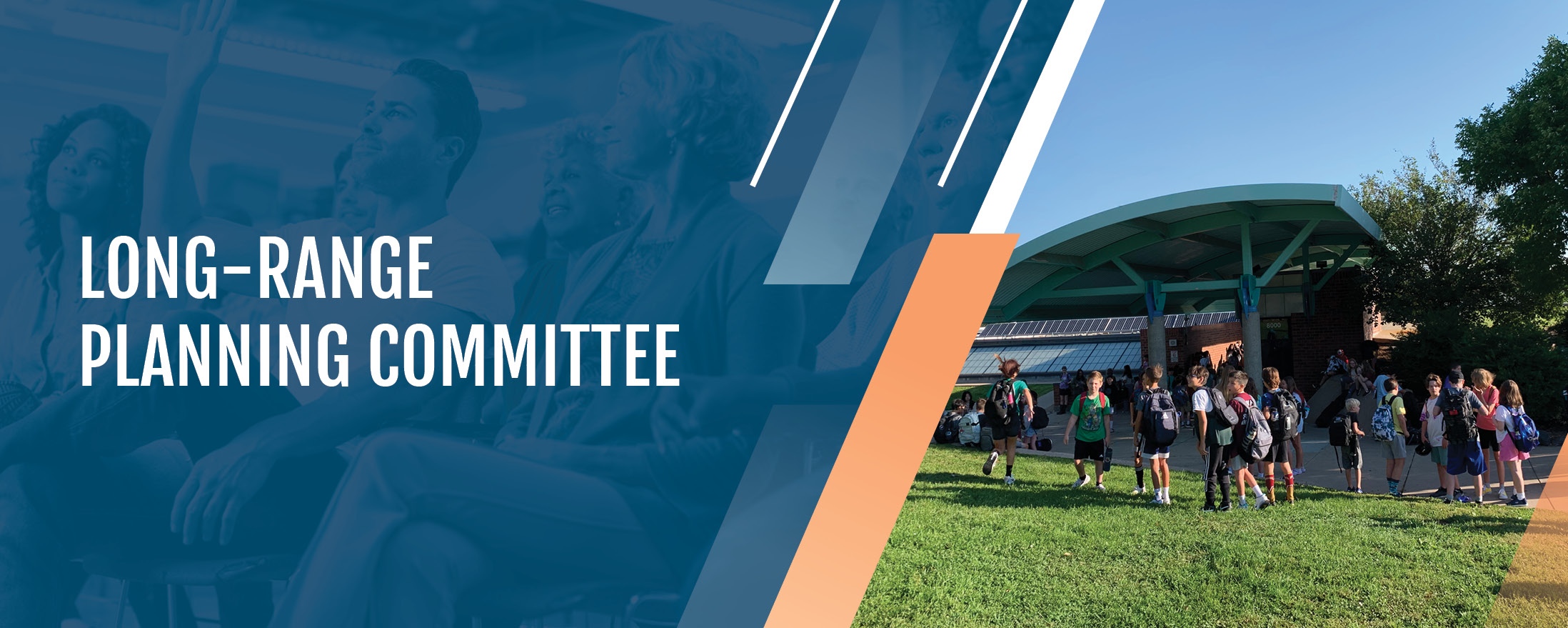Long-Range Planning Committee

Long-Range Planning Committee Update
Wow!
We’re thrilled to have received over 100 applications for the LPS Long-Range Planning Committee. We are carefully evaluating each submission right now, with plans to finalize our selections by early March. Notifications will be made once the evaluation process is complete. A huge thank you to everyone who applied! We’re inspired by the incredible interest and can’t wait to have our new members selected!
Littleton Public Schools is excited to announce the reactivation of our Long-Range Planning Committee (LRPC). Previously, the Long-Range Planning Committee operated under a specific, targeted charge. This committee’s hard work, which resulted in big initiatives like the 2018 bond, was very valuable to LPS.
This new iteration of the committee will feature a focus tailored to address the evolving needs of the community.
For information or other questions about the committee, please contact us:
Brad Leitner
Chief Operations Officer
Staff Liaison to the Long-Range Planning Committee
Amanda Clark
Executive Assistant to the CFO and COO
aclark[at]lps.k12.co[dot]us
303.347.3340
What’s new?
This LRPC will have a broadened focus, incorporating insights from diverse fields. Members will explore and familiarize themselves with LPS’s patterns and trends in areas that may include real estate, demographics, traffic, and the district’s facilities and capital needs. The goal is to establish a committee with a comprehensive, data-informed picture of the district that will be available to advise the Board of Education as needed.
- Committee purpose: familiarize members with critical trends affecting LPS and offer strategic guidance as needed.
- Meeting frequency: quarterly, with potential for additional meetings as necessary. Meeting times will likely be late afternoon/early evening (for example, 4:00–6:00 p.m.).
- Members will be asked to make a minimum of a two-year commitment.
What will the membership look like?
The LRPC will be composed of engaged community members from various stakeholder groups to help shape the future of LPS. Emphasis will be made to ensure representation from each of three geographic areas of the district represented by attendance boundaries for each of the three comprehensive high schools.
Voting members:
- Parents/guardians of current LPS students (including preschools, charter schools, programs, etc.)
- Community members/taxpayers without student(s) currently attending LPS
Non-voting members may include:
- Members from Learning Services, Transportation, and IT
- Director of Operations
- Chief Operations Officer
- Demographer
- Representative from Denver Metro Realtor Association
- City of Littleton/Centennial representative(s)
- Arapahoe County representative(s)
- LPS historian
- Law enforcement
- General contractor
- Design team
- Bond program manager
- Committee facilitator
Why join?
This is a unique opportunity to:
- Collaborate with district leaders and community stakeholders.
- Provide valuable input on long-term planning initiatives.
- Play a pivotal role in maintaining and enhancing the excellence of LPS.
How will applicants be selected?
District leaders will review applications and select membership with an emphasis on balanced representation of the geographic areas, stakeholder groups, and ability to make the minimum commitment.
The application window for the current iteration of the LRPC closed on January 24, 2025.
Thank you for your interest! Watch for another application window when committee members' terms end for a chance to join this committee.
2025–2026 Meeting Dates/Minutes
Meetings will be held from 4:00–6:00 p.m.
April 23, 2025
Agenda / Minutes
July 30, 2025
Agenda / Minutes
October 2025 - Date and Location TBD
Agenda / Minutes
January 2026 - Date and Location TBD
Agenda / Minutes
April 2026 - Date and Location TBD
Agenda / Minutes
